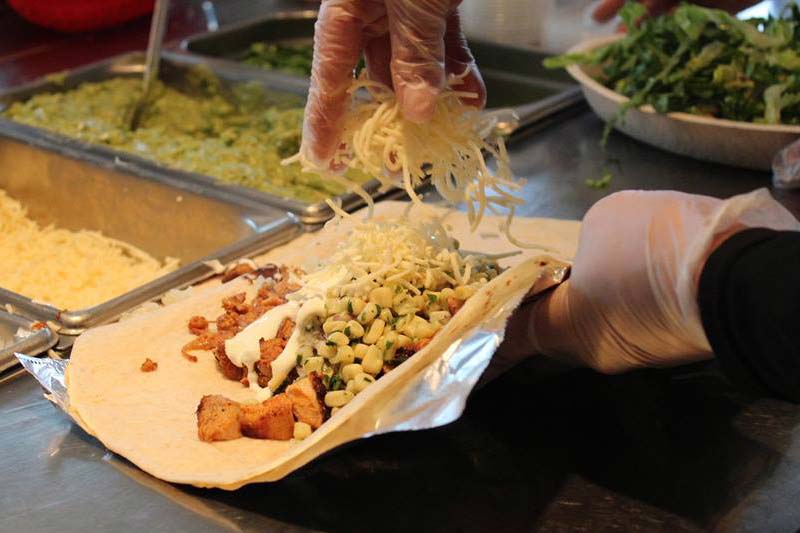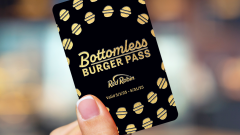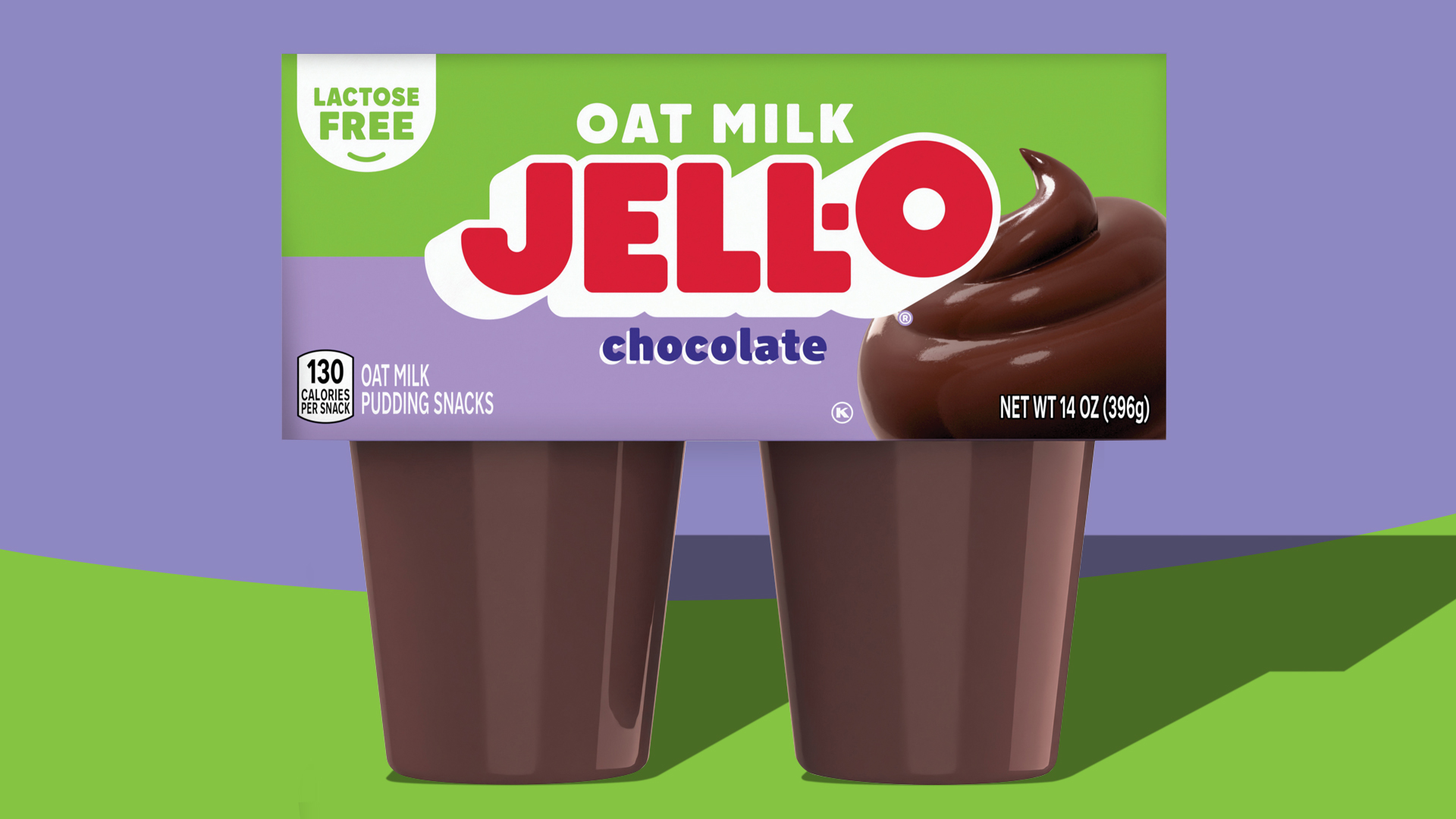Here’s How Much California Fast Food Prices Have Gone Up In Response To $20 Minimum Wage

The fast food sector has undergone lots of changes in the past few months. From union victories and automated upgrades to California’s recent minimum wage increase, the landscape is becoming more fair for workers — at least it appears so. In response to the minimum wage increase that took effect on April 1, several fast food chains have begun hiking up the cost — some as high as 8%.
The study did a side-by-side comparison of food items from 25 locations per chain, before and after the minimum wage increase. Wendy’s led the pack with an 8% increase in cost, while Chipotle followed closely behind with a 7.5% increase, per Kalinowski Equity Research. The report also found that Taco Bell’s prices rose by 3% and Burger King’s by 2%. Beyond fast food, even Starbucks prices grew 7%, as cited by the New York Post.
More specifically, Chipotle’s Chicken Burrito and Steak Burrito rose 8.3% and 7% respectively, while the Whopper Meal at Burger King now costs 1.4% more. The price increase is not surprising, as many fast food owners hinted at it prior to the new wage going into effect. California has the second-highest minimum wage in the country at $16/hr, and now the highest paid fast food workers.
Assembly Bill 1228 was passed last year to raise the minimum wage for quick-service restaurant employees from $16 to $20/hr. Following the pandemic, workers have struggled to keep up with the rising cost of living. Contrary to popular belief, many are adults with families, rather than teenagers. Two California-based Pizza Huts took it a step further and laid off all in-house delivery drivers, which total 1,200 employees.
It’s easy to label fast food chain owners as bad people, but the situation is far more complicated than that. Inflation doesn’t only impact the food industry, but every industry. In other words, just because things cost more, that doesn’t mean that fast food chains are making more money.






















